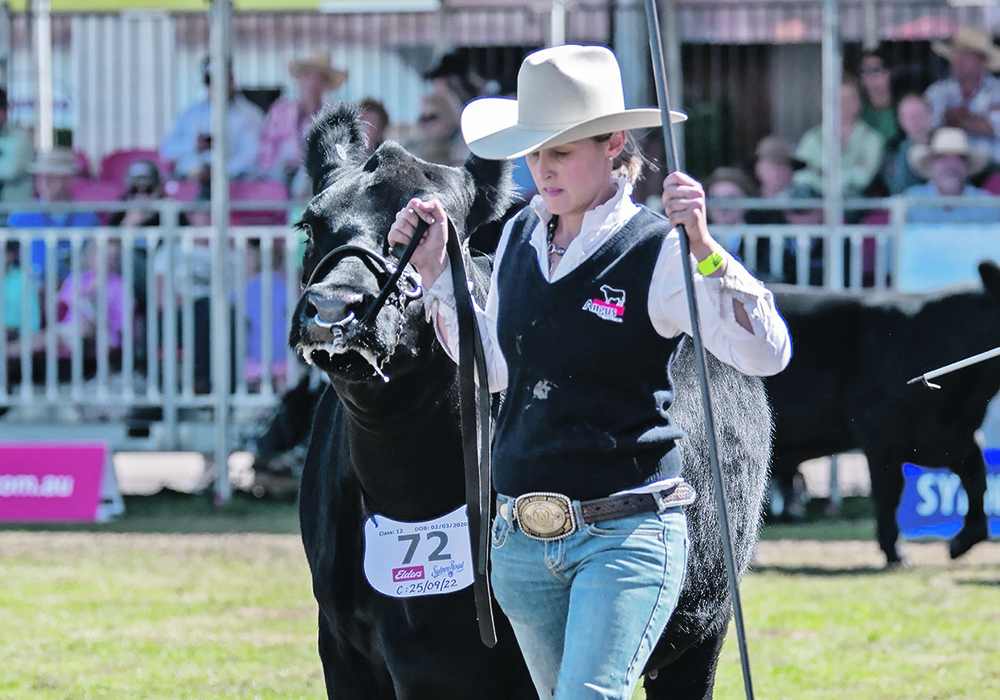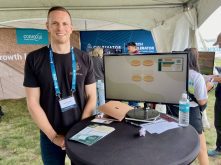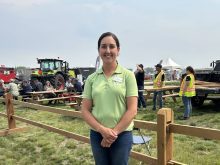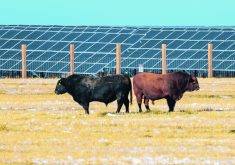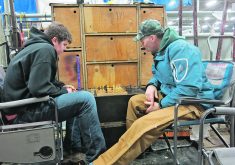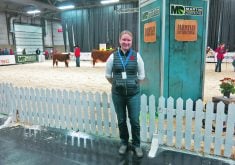Edmonton’s Farmfair and its inbound buyer program turns two international operations into boosters of Canadian cattle
Farmfair International has changed how two international beef producers grow cattle. It all comes down to Canadian genetics.
Colette Masterson of South Africa and her husband, Andrew, first visited Farmfair five years ago.
Related stories on this issue:
- Farmfair anticipates robust cattle shows
- In meat-loving South Africa, climate concerns whet appetite for veggie burgers
- What’s up with the beef industry down under?
Read Also
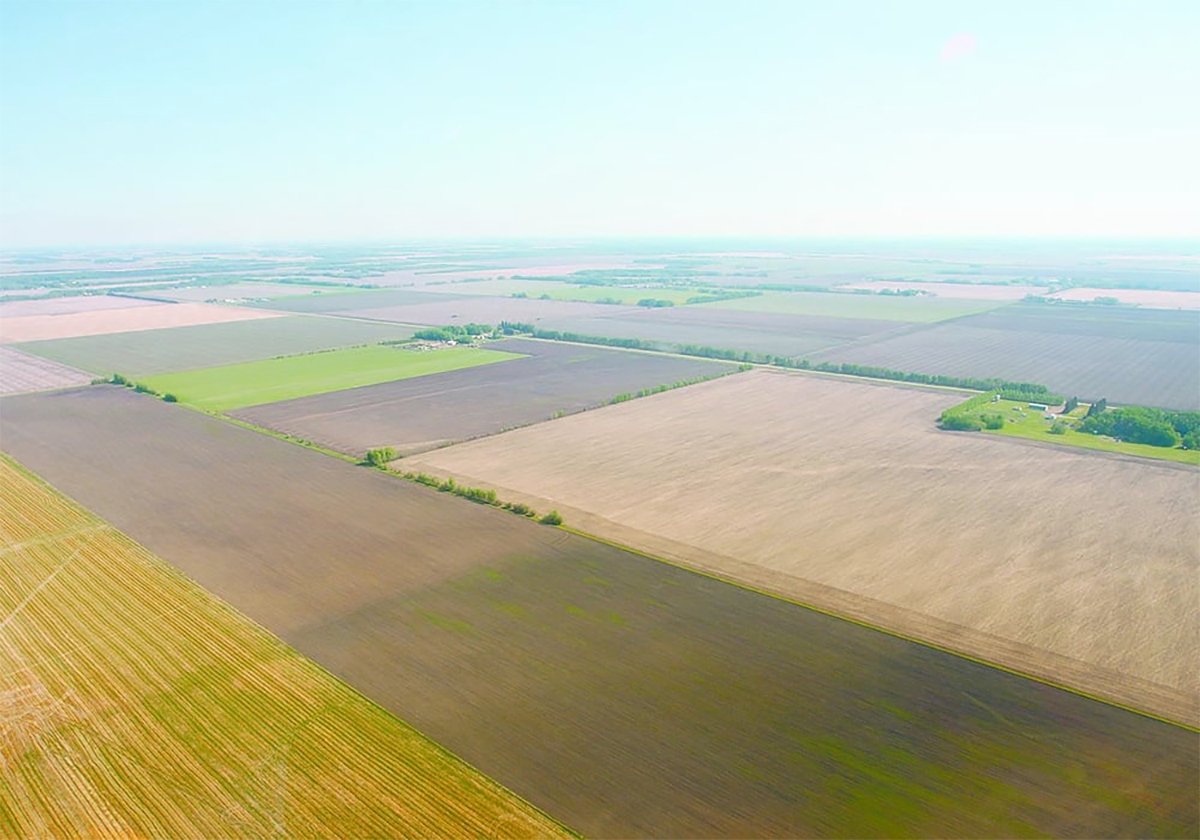
Saskatchewan amends farm land ownership regulations
The Canada Pension Plan Investment Board can no longer own Saskatchewan farmland.
“When we visited Farmfair for the first time in 2018, it was the start of our Charolais program,” she said.
“We never thought Charolais was part of of our future. We had Simmental and Angus and after visiting Farmfair, we fell in love with specifically the Canadian Charolais and we left Farmfair with some Canadian embryos.
“The start of our herd was 100 percent Canadian-bred Charolais.”
Andrew came to Farmfair this year to compete in the Champion of the World competition in the Simmental division, which he won.
Rachael Wheeler of Australia first came to Farmfair in 2010 and has attended as many as possible since.
“That’s where we established our love of the Angus cattle that the Canadians are breeding,” she said.
“From that, we took genetics back and built our whole herd on them. We transitioned from what we were doing into straight Canadian Angus embryos — all from Miller Wilson Angus.”
Miller Wilson Angus is a Black and Red Angus operation near Bashaw, Alta.
The 2023 edition of Farmfair International took place Nov. 8-11 in Edmonton.
For four days in November every year, Farmfair is home to exhibitors from across Western Canada who show their livestock genetics to purebred producers, local ranchers and international buyers.
The Mastersons raise Simmental, Angus and Charolais in Humansdorp on the Eastern Cape of South Africa. The first Canadian Charolais embryos they bought from a breeder at Farmfair became the first of their kind in the country, said Andrew.
“If we weren’t at Farmfair as part of the inbound tour, these genetics wouldn’t be in South Africa,” he said.
The main attraction of Canadian Charolais is hardiness, he said.
“South Africa is a challenging country. Our climate is very diverse; we’ve got areas which are very arid and then we also have areas which are very tropical, so different types of cattle actually fit into different areas.
“But the breeds we’ve selected — like the Angus, Charolais and Simmental — are pretty well-adapted to any climate in South Africa and they do really well.”
Wheeler raises Angus cattle in New South Wales, a state on the east coast of Australia. Angus are popular in the southern and central regions of Australia, but she thinks the Canadian Angus traits give her herd an edge.
“We just really like the type and kind and we really like the maturity pattern,” said Wheeler, who also runs a sheep program back home.
“These cattle have got lots of natural mass and middle. They’re really correct cows that make great mama cows. These are the cattle that we were really looking for and that fit into what we do.”



